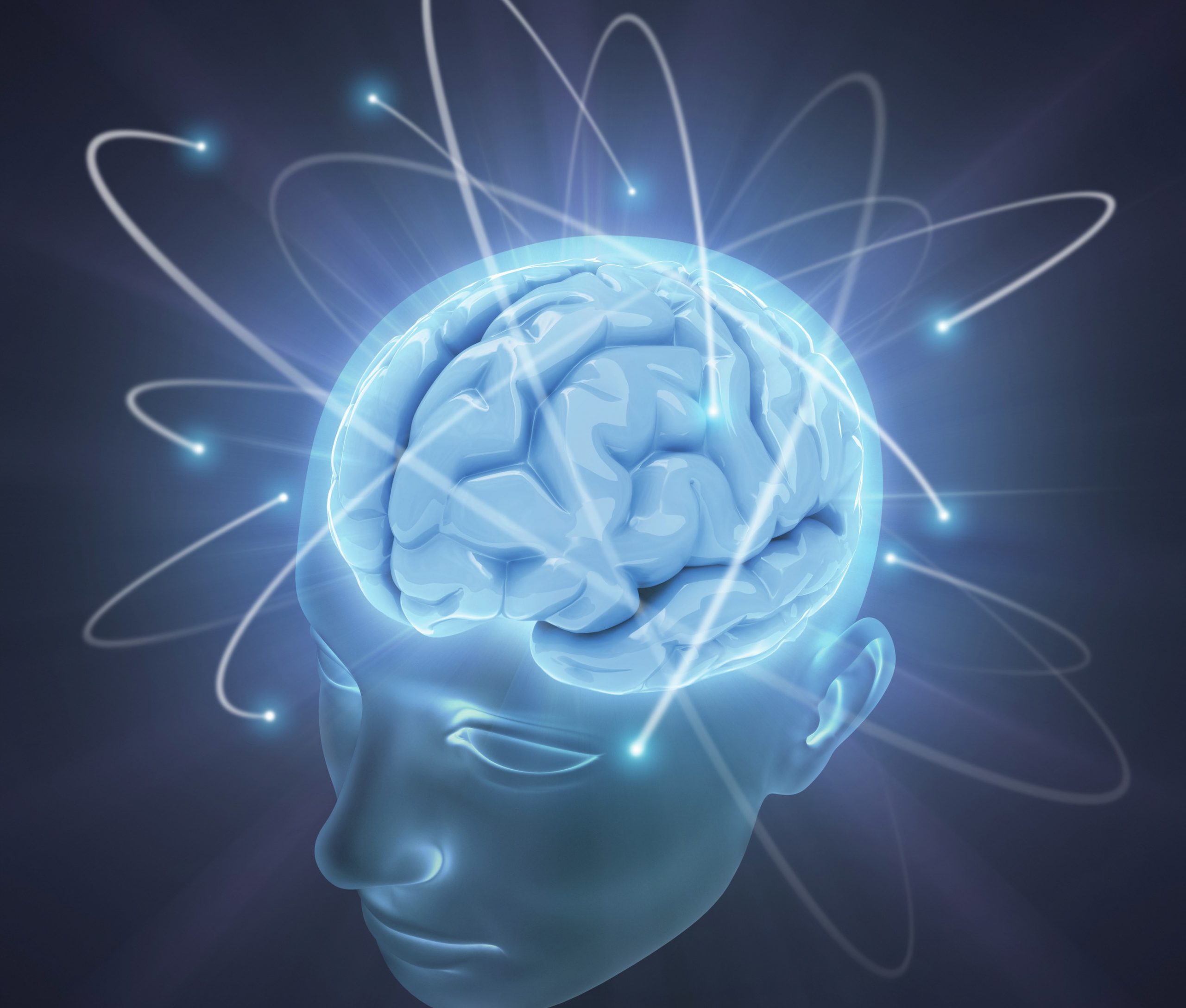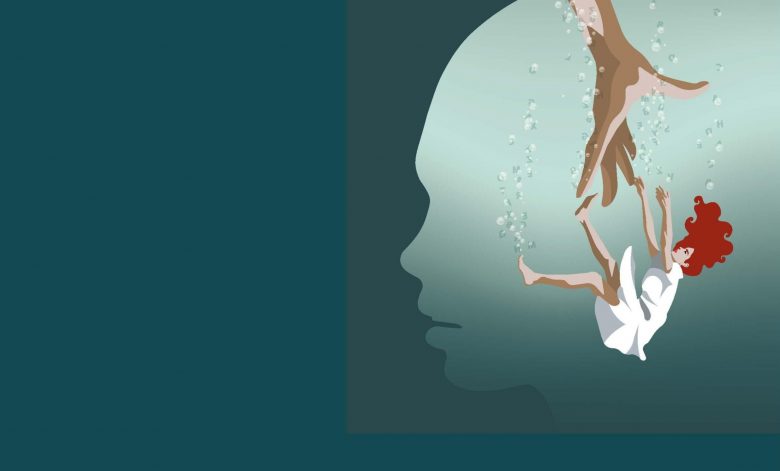
This is an exciting time to be studying biological approaches to psychology. Geneticists have made huge strides in understanding the role of genes in making some of us more vulnerable to mental disorder than others. Meanwhile, neuroscientists are making equally exciting discoveries about the workings of the human brain. There are still many debates about the relationship between biological factors and mental disorder but no longer any serious question that people suffering from at least some mental disorders have a distinctive biology. This may include higher or lower than usual levels of neurotransmitters or reduced electrical activity in the brain. One way to tackle mental disorder is, therefore, to try directly to change that abnormal biology. We can do this by the use of drugs or electro-convulsive therapy (ECT).
Drugs are the most commonly used biomedical treatment. If you tell your GP you are suffering from psychological symptoms, there is a good chance that the first thing he or she will suggest is a short course of medication. Most of the drugs currently used to tackle mental disorder fall into one of five categories:
Your organisation does not have access to this article.
Sign up today to give your students the edge they need to achieve their best grades with subject expertise
Subscribe



